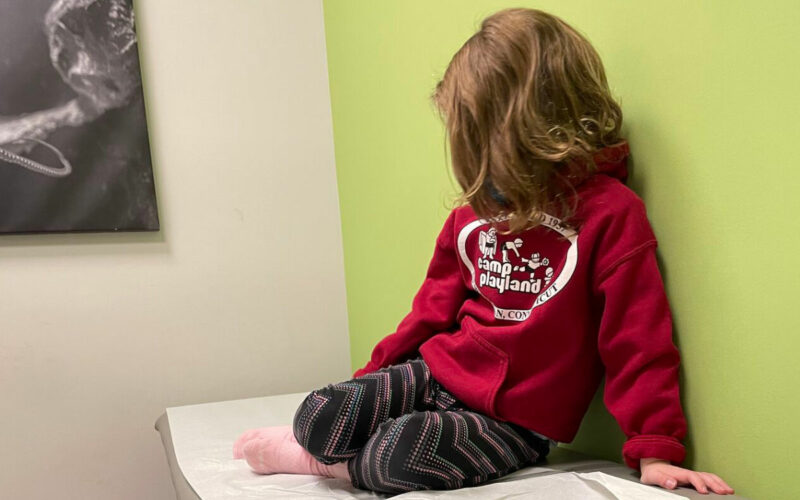Here’s a Monday idea for companies that say they care about Working Parents: What about creating a bucket of Care Days?
Name them. Promote them. Honor them.
They’re needed. And they’re not like other days when you’re not at work.
They’re not Personal Days, or even Sick Days. And they’re certainly not Vacation Days.
Care Days would allow employees to be honest – and tell co-workers why they’re away.
Most employees wouldn’t take all of them – unless they really needed them. And companies that go first would be putting action behind words.
I’m writing about this now because we’ve drawn an inside straight of bad luck on lucky days.
In the past three weeks, we’ve had a 14-year-old cat pass away, a toddler projectile vomit all over her room, and a family crisis over rehoming a dog.
How could these events be lucky? Each one crashed down on the weekend.
And that meant we could cancel our weekend plans and focus on our family without work worry. There was no call or Zoom we had to cancel. No one we still met with, even though we were zoned out. And no juggle between family and work obligations.
But, man, that was luck – like an inside straight. Amazing when it comes, but not anything you can count on.
So, what are these Care Days? I’m not reinventing HR policy here. These are days designed for caregiving emergencies. The Company of Dads’ focus is on fathers stepping up as caregivers, just as working moms have done forever. But the Care Days are for the entire workforce and could be used for children, elderly parents or anyone that needs to be cared for. They would be helping employees fulfill their full potential.
Let’s give employees the option to be HONEST. You’re taking this day because you need to care for a family member. You’re not sick, you don’t have any personal issues to attend to, and you’re not on vacation. You’re taking a Care Day.
Why now? It could be seen as a natural extension of the maternity and paternity leave discussion. After whatever the most generous policy is in the U.S., there is still a need for Care Days. For like 18 years – not counting elderly parents.
Do people who don’t have caregiving responsibilities get shafted? Short term, maybe; long term, no.
If you’re a CHRO trying to institute policies that are equitable, this may seem like a challenge. But I’d argue that a 25-year-old with few caregiving responsibilities will benefit later from instituting care policies now. Plus, Care Days are an immediate crisis support – it’s not like a day to care relieves the mental load of caregiving that extends way beyond the crisis.
Sitting at the pediatrician this morning, getting here at 7:45am, for the one walk-in day the doctor has, I was grateful that I’m my own boss – and that my wife runs her own company, too. But it still came down to her first call being at 9:15 and mine being at 10am. That’s just part of the juggle.









